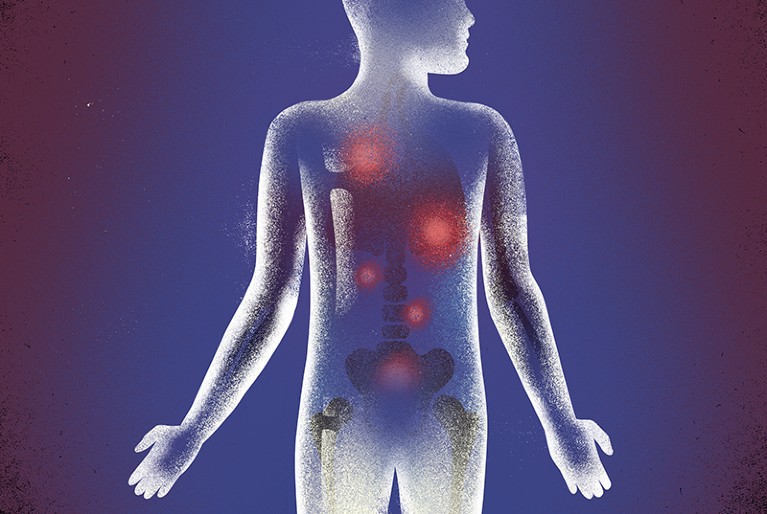02 November 2023 | Thursday | News

Image Source | Public Domain
The intellectual property was originally developed through a collaboration of Shuttle Pharma scientists with investigators from Georgetown University. The intellectual property consists of patent applications prepared and filed by Georgetown University titled: "Predictive Biomarkers for Adverse Effects of Radiation Therapy."
Shuttle Pharma's predictive marker strategy is to develop a predictive diagnostic test for prostate cancer patients who are considering elective radiation therapy which will allow them to assess their risk for treatment success or failure, while informing therapeutic decision making and follow-up management. Shuttle Pharma believes a predictive diagnostic test for the effects of radiation therapy would be a cost-effective approach to inform clinicians in their treatment choices and provide patients with a better understanding of the benefits and risks of radiation therapy.
Anatoly Dritschilo, M.D., CEO of Shuttle Pharma, commented, "Prostate cancers vary in their aggressiveness and in their responses to treatment. Some prostate cancers spread quickly to other parts of the body, while others grow slowly and can be effectively managed by radiation therapy or other conservative medical measures. While diagnostic tests are available, presently there are no predictive diagnostics tests to identify potential outcomes of available therapies. The key unmet need of the diagnostic market is having a predictive, minimally invasive blood test that provides the clinician and patient with a measurement of the potential success of radiation therapy for their cancer treatment. This unmet need in the market is what Shuttle's predictive biomarker program looks to address."
The American Cancer Society estimates that 1 in 8 men will be diagnosed with prostate cancer during his lifetime. The National Cancer Institute of the National Institutes of Health (NIH) Surveillance, Epidemiology, and End Results (SEER) database estimated that approximately 268,000 men were diagnosed with prostate cancer in the U.S. in 2022 and approximately 30% of prostate cancer patients (~66,000) with localized disease received radiation therapy for cancer treatment.
Dr. Dritschilo expanded, "Our mission is to accelerate investigation of the prostate cancer metabolite-based predictive assay to improve outcomes of radiation therapy. Shuttle Pharma aims to change the way that clinicians select patients for radiation therapy and provide informed consent. The potential market for these predictive assays includes clinicians offering radiation therapy for prostate cancer treatment in the initial selection process and in personalizing follow up management of patients by considering anticipated late effects."
Shuttle Pharma scientists have collaborated with investigators from Georgetown University to complete Phase I and Phase II NIH SBIR contracts to develop predictive biomarkers of radiation therapy outcomes and late effects. Shuttle Pharma will also seek to leverage eligibility to apply for project bridge funding via an NIH Phase IIb SBIR mechanism.

© 2026 Biopharma Boardroom. All Rights Reserved.